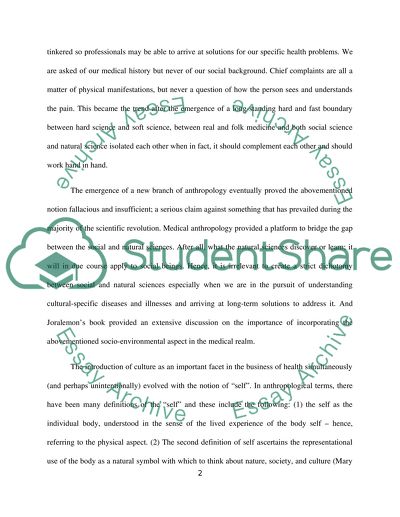Cite this document
(“Medical Anthropology Essay Example | Topics and Well Written Essays - 1750 words”, n.d.)
Retrieved from https://studentshare.org/anthropology/1436053-medical-anthropology
Retrieved from https://studentshare.org/anthropology/1436053-medical-anthropology
(Medical Anthropology Essay Example | Topics and Well Written Essays - 1750 Words)
https://studentshare.org/anthropology/1436053-medical-anthropology.
https://studentshare.org/anthropology/1436053-medical-anthropology.
“Medical Anthropology Essay Example | Topics and Well Written Essays - 1750 Words”, n.d. https://studentshare.org/anthropology/1436053-medical-anthropology.


